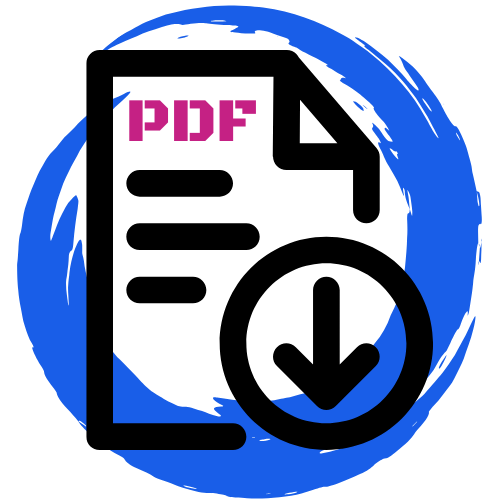Giving advice is such a key area of functional language. It’s useful in real life and it’s useful for official exams. For the collaborative task in Trinity ISE II and ISE III, it’s essential! This is one of my favourite activities to practise giving advice in a fun and communicative way at B2 level. Your students have to imagine they are visiting a psychiatrist with a bizarre, but serious problem. The psychiatrist has to give advice accordingly. I especially love this activity because it’s flexible and adaptable based on the level of your group.

Contents
Giving advice
There are a whole range of phrases that we use for giving advice. At lower levels, you may focus on using should / shouldn’t to give recommendations, but once your students are at a high B1 or B2 level, they need to expand their functional language to give advice in a variety of ways.
In the Trinity ISE II and Trinity ISE III Collaborative Task, you have to listen to a situation from the examiner and give advice accordingly. Follow up this activity with some Trinity style collaborative task situations:
Here are some common expressions for giving advice:
- If I were you…
- Why don’t you…?
- Have you tried…?
- In my experience, … works really well.
- If I were in your shoes, I would / wouldn’t…
- Have you thought about…?
- In this kind of situation, I always recommend…
- You have no choice but to…
- Maybe you should / shouldn’t…
- It’s generally a good idea to…
- Your only option is to…
- The sooner you … , the better.
- Make sure you (don’t)…
- I’d suggest…
We take advantage of these expressions for this fun, communicative activity.
The materials
After setting the scene at a psychiatrists office, give your students a chance to use language of giving advice.
With this activity you have cards, which when printed double-sided, have a situation on one side and an expression to give advice on the other. all the situations are exaggerated and silly (e.g. I’m pretty sure there is a monster living in my wardrobe). Don’t forget to remind your students not to take it too seriously!

Here are a few different ways to use the materials:
Activity 1 – A memory game
- Print the cards double-sided and cut up.
- Give 4-5 cards to each student or pair of students.
- Place the cards with the advice language facing up, students turn them over and make a phrase that fits the situation.
- Turn all the cards over and try to reproduce the phrases using the advice language without looking at it again.
Activity 2 – Chat cards
- Print the cards double-sided and cut up.
- Split the cards between a pair of students.
- One student holds the card up so that they can read the situation while their partner can see the advice language.
- Students tell the “psychiatrist” their problem and they use the language on the card to give advice.
Activity 3 – Psychiatrist role-play
- Print and cut up only page one of the cards without the language.
- Display the advice language on a projector or write it on the board.
- Split the students into pairs and give each one the role of psychiatrist or patient.
- Patients choose one card blindly with their “problem”.
- Patients explain their problems to their psychiatrist and the psychiatrists give advice using the language on the board.
- Switch roles and repeat.
- EXTENSION: Have your students write a dialogue and act it out in front of the class.
Download


